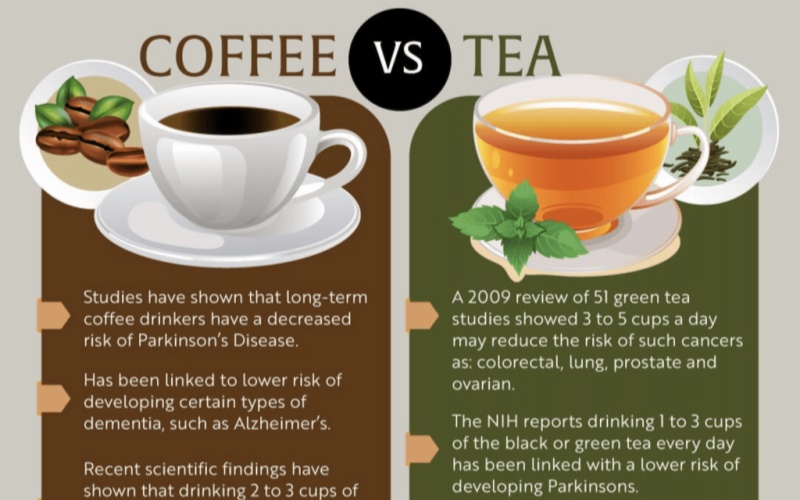The Benefits of Caffeine
1. Increased Alertness and Focus: Caffeine is a central nervous system stimulant that can help improve concentration and focus. It blocks adenosine, a neurotransmitter that promotes sleep, leading to increased wakefulness. This makes caffeine a popular choice for students and professionals looking to enhance productivity.
2. Enhanced Physical Performance: Many athletes use caffeine to improve their performance. Studies have shown that caffeine can increase endurance and reduce perceived exertion during physical activities. This makes it a common ingredient in pre-workout supplements.
3. Antioxidant Properties: Caffeine is rich in antioxidants, which help combat oxidative stress in the body. These antioxidants can protect cells from damage and reduce the risk of chronic diseases, including heart disease and certain cancers.

The Risks of Caffeine
While caffeine has numerous benefits, it is important to be aware of its potential risks:
1. Anxiety and Jitters: High doses of caffeine can lead to increased anxiety, restlessness, and jitters. Individuals sensitive to caffeine may experience these effects even with small amounts, making moderation crucial.
2. Sleep Disruption: Consuming caffeine too close to bedtime can interfere with sleep quality. It is advisable to limit caffeine intake in the afternoon and evening to ensure restful sleep.
3. Dependence and Withdrawal: Regular caffeine consumption can lead to dependence, with withdrawal symptoms such as headaches, fatigue, and irritability occurring when intake is reduced. Gradually decreasing caffeine consumption can help mitigate these effects.

How to Enjoy Caffeine Responsibly
To maximize the benefits of caffeine while minimizing the risks, consider the following tips:
1. Moderation is Key: Aim for a moderate intake of 200-400 mg of caffeine per day, which is roughly equivalent to 2-4 cups of coffee. Adjust your intake based on your individual tolerance and lifestyle.
2. Choose Quality Sources: Opt for natural sources of caffeine, such as coffee and tea, which also offer additional health benefits. Avoid overly sugary energy drinks that can lead to energy crashes.
3. Stay Hydrated: Caffeine can have a diuretic effect, so it’s important to drink plenty of water throughout the day to stay hydrated.
Conclusion
Caffeine can be a valuable tool for enhancing alertness and performance when consumed responsibly. By understanding its benefits and risks, you can make informed decisions about your caffeine intake. Whether you enjoy a morning cup of coffee or an afternoon tea, moderation and quality sources are key to reaping the rewards of this popular stimulant. Embrace the energizing effects of caffeine while prioritizing your overall health and well-being.




